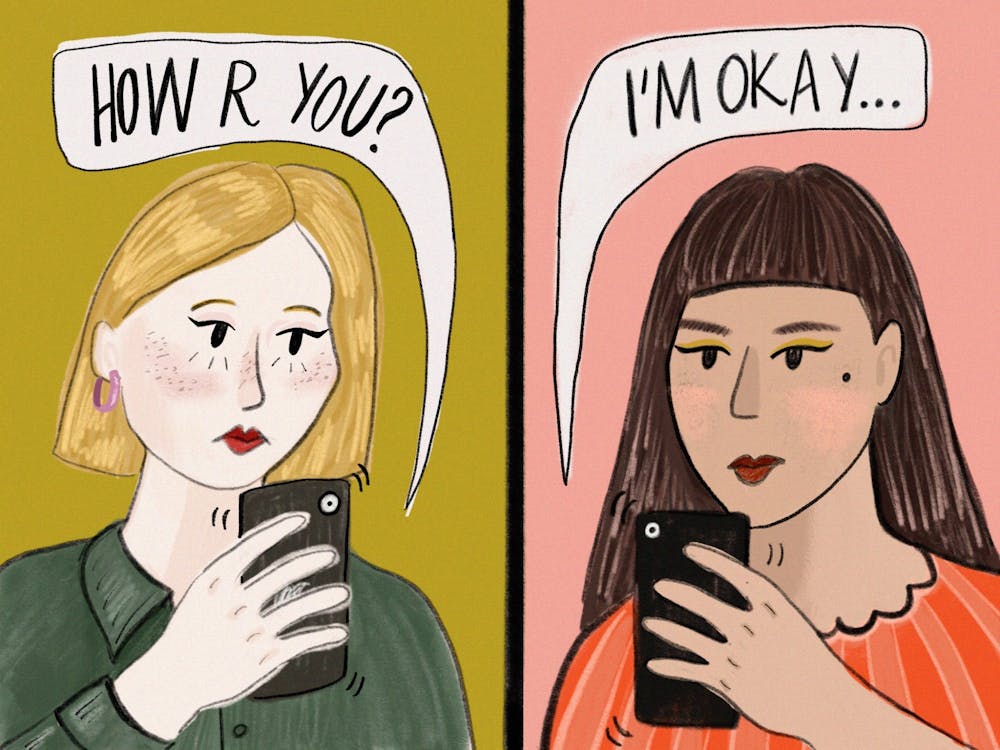Editor's Note: This story contains information about students’ deaths that readers may find triggering. Reader discretion is advised.
After two fraternity brothers in different chapters died by suicide on successive days this March, Duke’s Interfraternity Council has mandated each chapter have a mental health chair.
The move was made in response to the deaths of senior Grey Spector March 26 and sophomore Raj Mehta March 27, IFC president Rohan Singh, a junior, told The Chronicle. It was a move that should have been made even regardless of these circumstances, he said.
“While there are multiple resources available, there is a stigma around asking for help, especially in fraternities, which dissuades people from reaching out,” Singh said. “I wanted to create a mental health chair to first be a point of contact for everyone in their respective chapters.”
The position will also allow for a point person to relay information from Duke administrators to members of the chapters and allow for more dialogue on mental health issues.
When the news of the deaths were released, Singh wanted to foster a sense of unity among the community despite students being apart due to distance learning. He created a tip sheet for each IFC chapter on how to set up a virtual common room on Zoom, he said.
Junior Savita Gupta, Duke Panhellenic Association director of risk, met with risk management chairs from every Panhellenic sorority chapter last week. All of them said they were working to address mental health issues in various ways, including taking normal activities online—from mixers to formals to movie nights—and also having more serious group discussions.
“While it is not specifically the risk manager's role to oversee these programs, in the risk management meeting we all agreed that we have to shift our perspective on risk,” Gupta said. “In this time of social distancing, isolation poses a serious risk to the mental health of our members.”
Many chapters’ executive boards have implemented new mental health initiatives, Gupta said. These include weekly group discussions over Zoom for members to talk about difficult topics in a safe space and appointing a member to give “day-brightening” gifts to those who seem to be struggling.
Many chapters have also distributed mental health educational materials and have reminded members that their executive board is a resource if they need someone to talk to, Gupta said.
Duke's National Pan-Hellenic Council doesn't have a mental health chair-type position at the moment but implementing one is "something that we can discuss adding in the future," outgoing president Bruny Kenou, a senior, said.
Frederick Kenley, assistant director of student engagement and leadership, said that the Multicultural Greek Council does not have a mental health chair or something similar but that is something “they can discuss adding in the future.”
If you are having thoughts of suicide, call the National Suicide Prevention Lifeline at 800-273-TALK (8255) or text “START” to the Crisis Text Line at 741-741.
Get The Chronicle straight to your inbox
Sign up for our weekly newsletter. Cancel at any time.

Managing Editor 2018-19, 2019-2020 Features & Investigations Editor
A member of the class of 2020 hailing from San Mateo, Calif., Ben is The Chronicle's Towerview Editor and Investigations Editor. Outside of the Chronicle, he is a public policy major working towards a journalism certificate, has interned at the Tampa Bay Times and NBC News and frequents Pitchforks.

